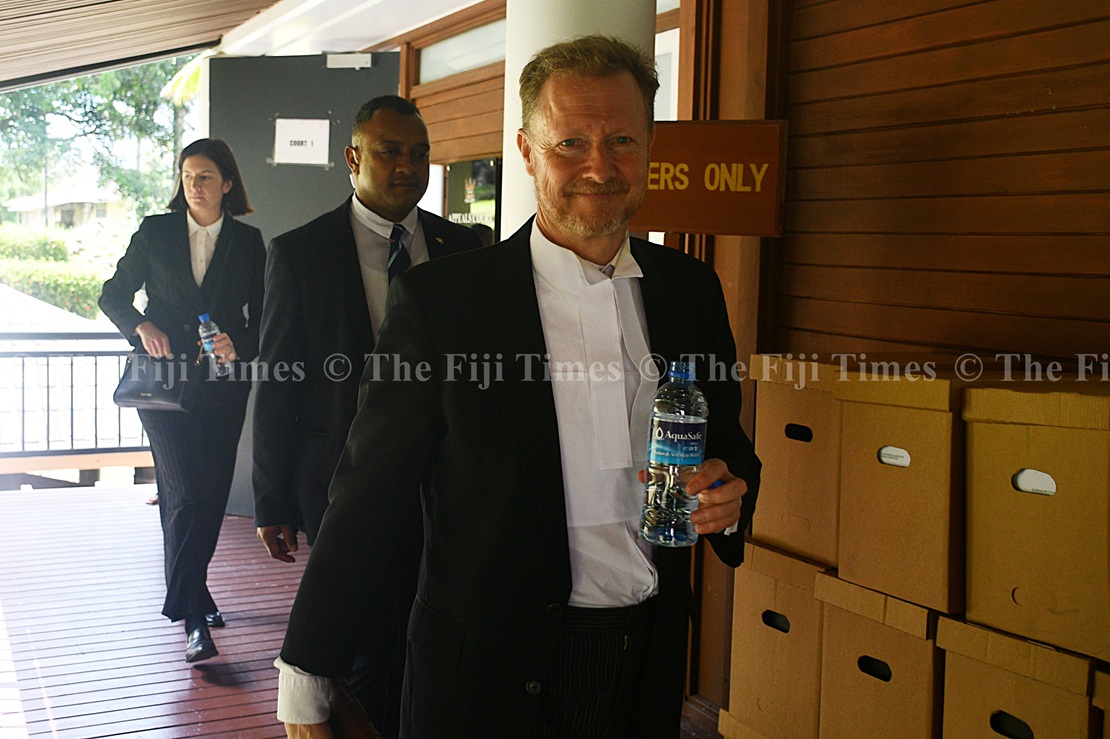Declaring Chapter 11 of the 2013 Constitution invalid would strip Fiji of a supreme law and unravel constitutional protections that have guided the country’s legal history.
Amicus curiae Andrew Butler made the remarks in response to the State’s submission that Chapter 11, which sets out amendment procedures, be declared inoperative.
Mr Butler said the State’s stance was “not plausible” and carried both “macro and micro” risks.
“At the macro level, first, it would result in the Constitution ceasing to be a supreme law in any conventional constitutional sense,” he said.
“Two, the Constitution ceasing to be the supreme law would in turn be contrary to the core provisions of the Constitution. Sections 2(1) section 2(2) declare the Constitution to be the supreme law and declare that any law inconsistent with the Constitution is invalid to the extent of the inconsistency.
“Three, it would be contrary to Fiji’s constitutional history, which has always had entrenchment and some form of supermajorities, and it would be contrary to the plain intention of the framers that this constitution continue that tradition of entrenchment.”
He said at the micro level, removing Chapter 11 would mean there was no explicit power to amend the Constitution at all.
“If sections 159 to 160 were ineffective, the result would be that there would be no explicit power to amend the rest of the Constitution.
“And of course, at a micro level, it would render section 2(2), and more, particularly section 2(5), meaningless.
“So, my suggestion to the court is that the outcome advanced by the State is not one that is plausible for this court to adopt.”



